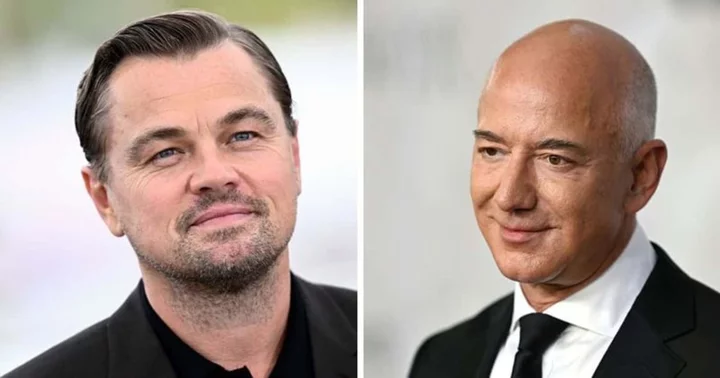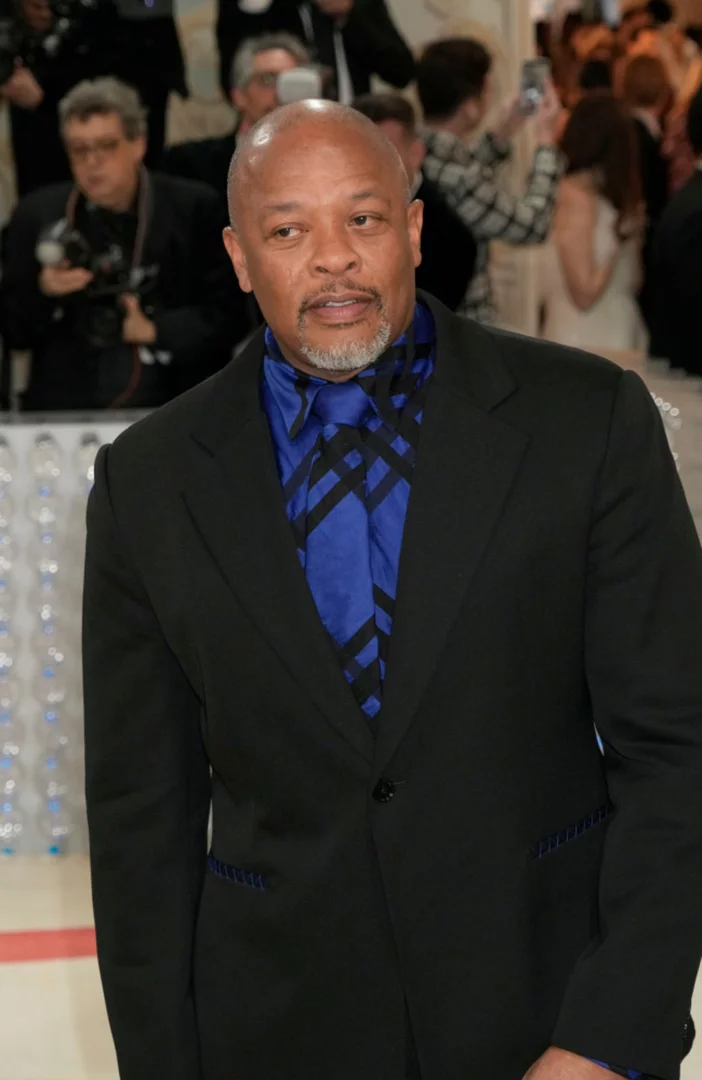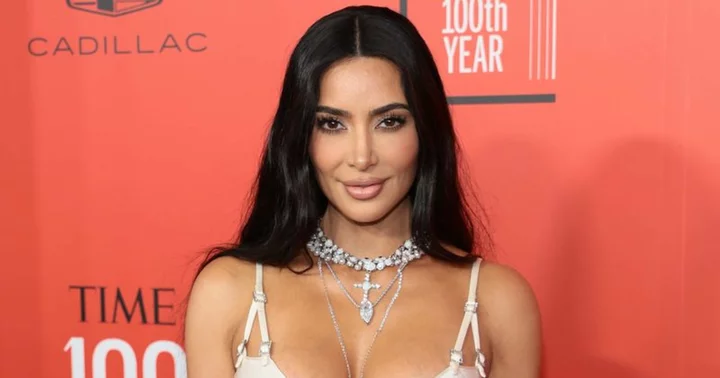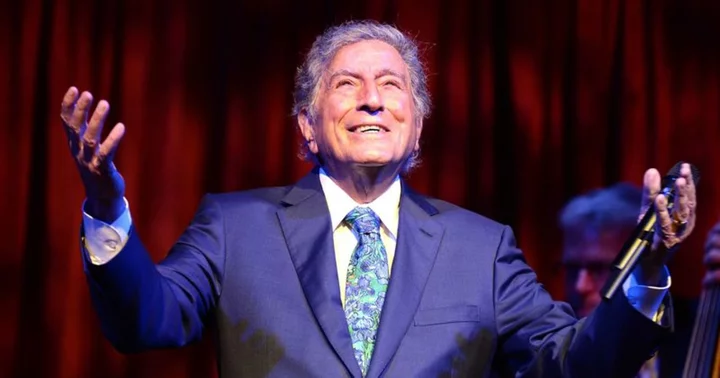LOS ANGELES, CALIFORNIA: The Protecting Our Planet (POP) Challenge revealed on Friday, June 30, its new cooperation with the Brazilian government to provide $200 million to develop and administer Brazil's protected areas and Indigenous territories.
In the next four years, the charity money will be used to hasten Brazil's transition to a sustainable and green economy and assist the country in achieving zero deforestation in the Amazon. Working closely with the new alliance are Jeff Bezos' Nature Solutions of the Bezos Earth Fund, Leonardo DiCaprio's Re:wild conservation nonprofit organization, nine Amazonian states, and Brazil's Minister of the Environment and Minister of Indigenous Peoples.
'We are inspired by Brazil's ambitious goals for protecting the Amazon'
In a statement on June 30, DiCaprio said, "We are inspired by Brazil's ambitious goals for protecting the Amazon, one of the most important places for wildlife on the planet, and are thrilled to be able to support these efforts through the Protecting Our Planet Challenge." On the other hand, Bezos Earth Fund's managing director and head of Nature Solutions, Cristian Samper, said, "The Amazon is critical for the future of global biodiversity and climate, and we welcome the commitment from President Lula and the Government of Brazil to protect it," continuing, "We are pleased to support the designation and management of protected areas and Indigenous territories as a key part of the strategy to reduce deforestation, along with new economic models of development based on the conservation and sustainable use of the forest," as reported by Variety.
The commitment aims to prevent all deforestation in the Amazon
POP's challenge aims to put an end to deforestation in the Amazon, protect 145 million acres of undesignated public lands, improve the management of current protected areas and Indigenous peoples' rights, as well as fight against deforestation on Indigenous peoples' protected lands, and the prevalence of cutting down forests for cattle. According to the organization's website, the movement "helps to ensure that the world protects at least 30% of nature - both land and sea - by 2030."
As long as they are well-managed and respect the rights and requirements of Indigenous peoples and local communities, studies suggest that protected areas are one of the most affordable methods to protect the environment, vulnerable human populations, as well as the climate. And it seems that Protecting Our Planet Challenge prioritizes collaboration with local communities and Indigenous people while working along with the state and federal governments. Notably, it's currently the largest-ever private financing commitment to biodiversity protection. The group collaborates on initiatives in favor of a more just, carbon-neutral, and environmentally friendly future, as reported by Daily Mail.









